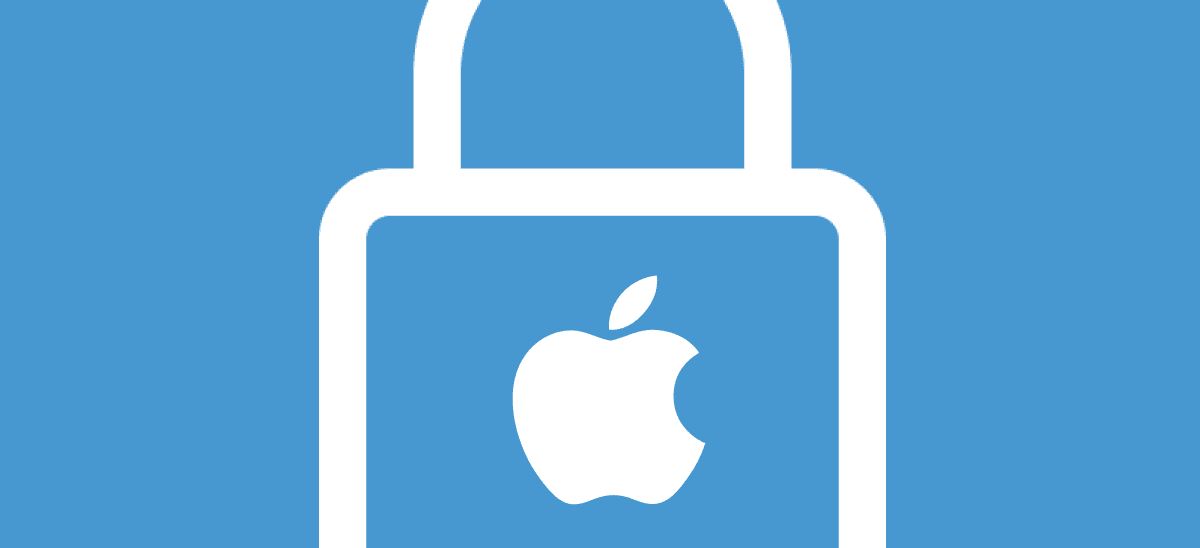Why is Apple’s iOS 14.5 update so controversial?

After six months of waiting, Apple iOS 14.5 has landed, but a number of institutions are not pleased. Top Business Tech takes a closer look.
Apple has released its iOS 14.5, and there are two key features to come with it. One of the latest updates, which has garnered considerable protest from both Facebook and the rest of the advertising industry is the ‘app tracking transparency’ feature, which sets out to return data autonomy to iPhone users.
So how does it work?
Developers will now be required to obtain consent to access a user’s data when an application is opened. Should a user wish to prevent applications from tracking their internet footprint, they can decline consent to allow applications to access to their unique user ID.
Shutting out advertisers
Plans for this feature were announced last summer and were met with immediate protest from across the advertising industry, leading to a six-month delay in releasing the feature. Dan Levy, VP Ads and Business Products said that the update is “harmful” to small businesses that require personalised ads to reach customers.
Apple’s director of global privacy, Jane Horvath, responded to a number of Privacy firms who protested the implementation of the latest update: “We developed [app tracking transparency] for a single reason: because we share your concerns about users being tracked without their consent and the bundling and reselling of data by advertising networks and data brokers.”
She added: “Facebook and others have a very different approach to targeting. Not only do they allow the grouping of users into smaller segments, they use detailed data about online browsing activity to target ads.”
READ MORE:
- Xactly Expands EMEA Growth Through Collaboration with Oracle Cloud
- The Hopeful CIO: A Study from Lemongrass finds that enterprise IT leaders are aggressively moving their legacy business systems to the cloud despite various challenges
- Why customer conversations are vital for brand survival in a post-COVID-19 world
- What can corporates learn from digital transformation in the COVID era?
Another key feature of iOS 14.5
Apple users who have updated to the latest iOS can now unlock their smartphones while wearing a mask, a much-desired feature since the outbreak of COVID-19. The only caveat? Users will need to own an Apple SmartWatch in order to do this.
Apple said: “With Apple Watch on the wrist, unlocked, and in close proximity to iPhone, users can simply glance at their iPhone and they will receive haptic feedback from Apple Watch, indicating their iPhone has been unlocked.”
For more news from Top Business Tech, don’t forget to subscribe to our daily bulletin!
